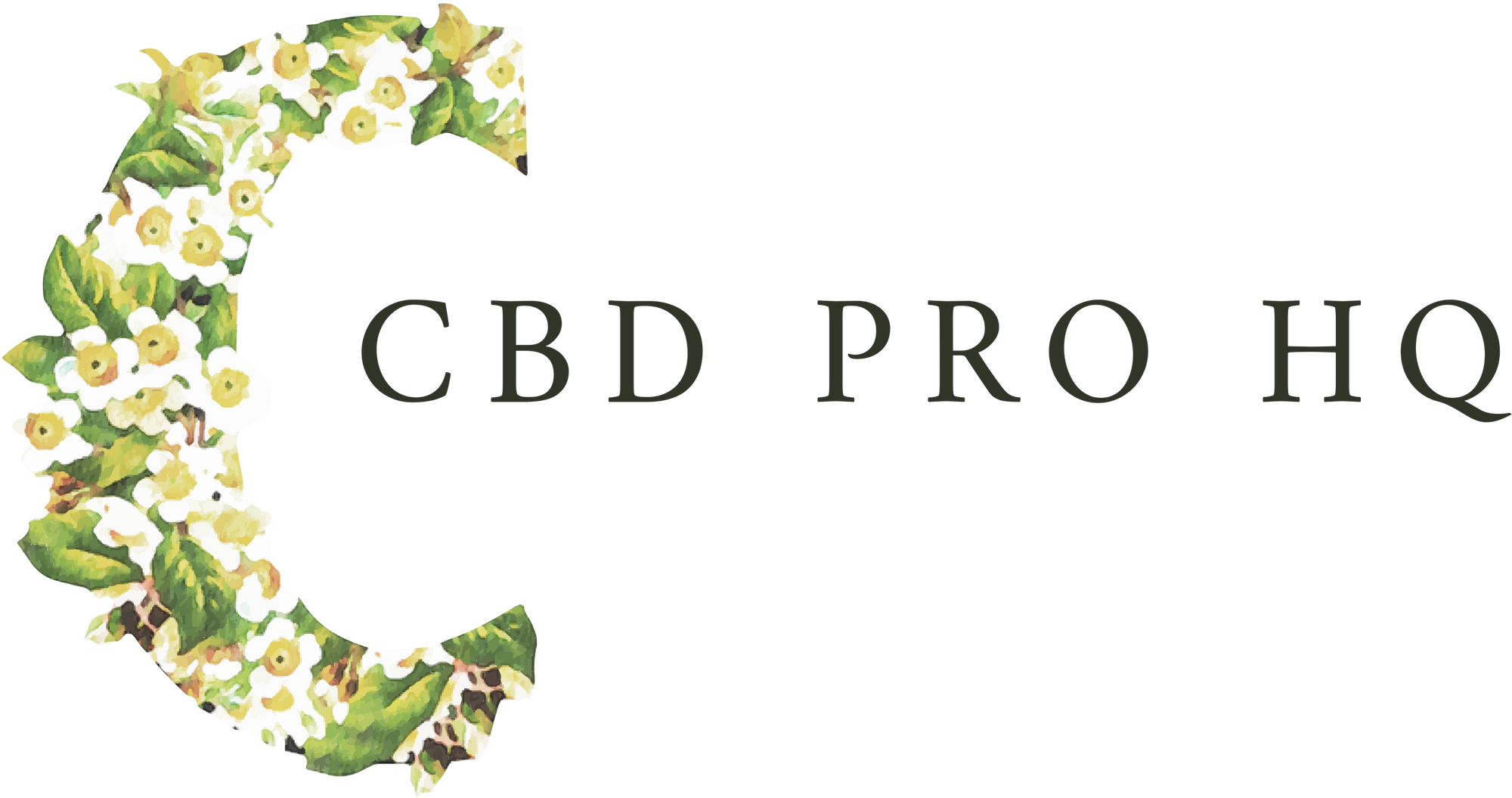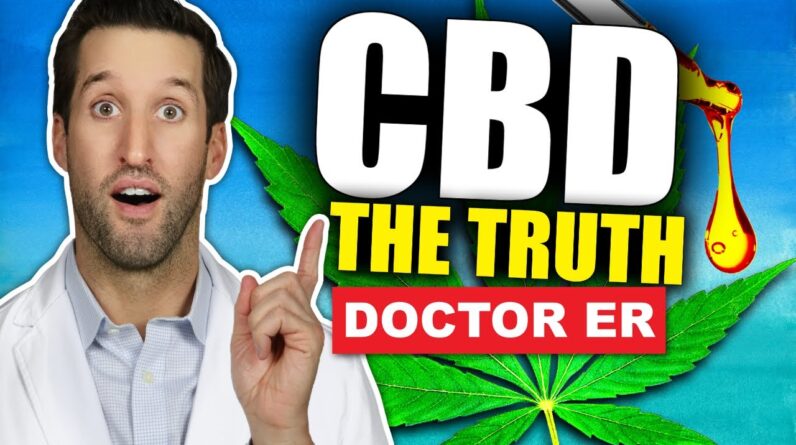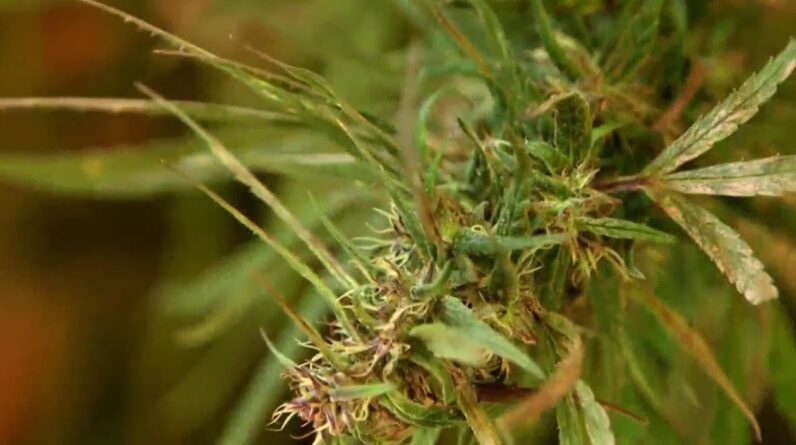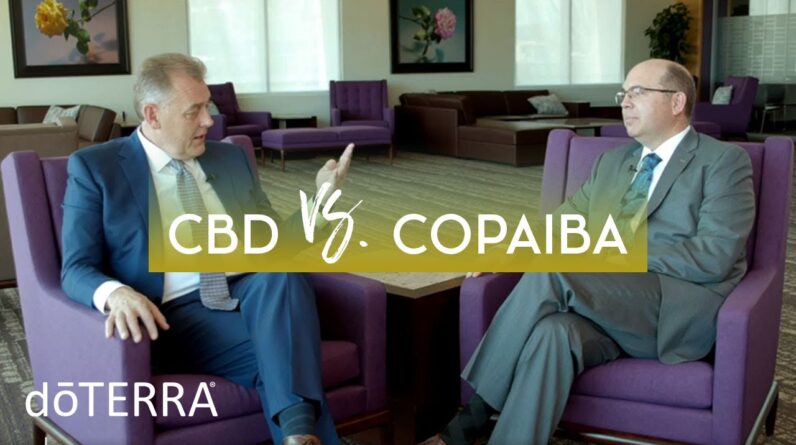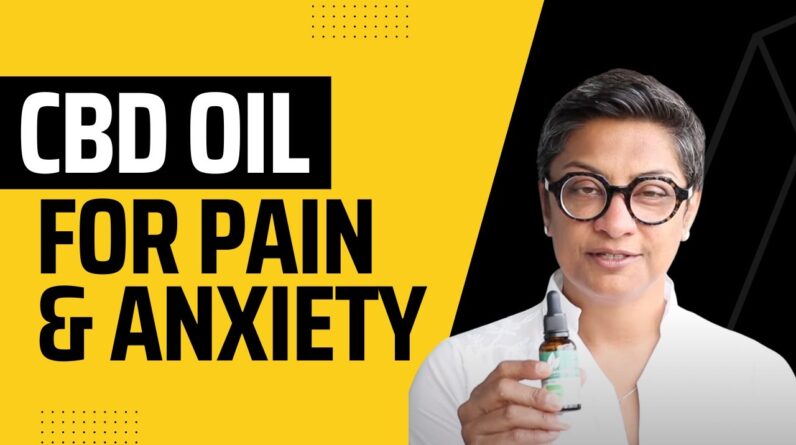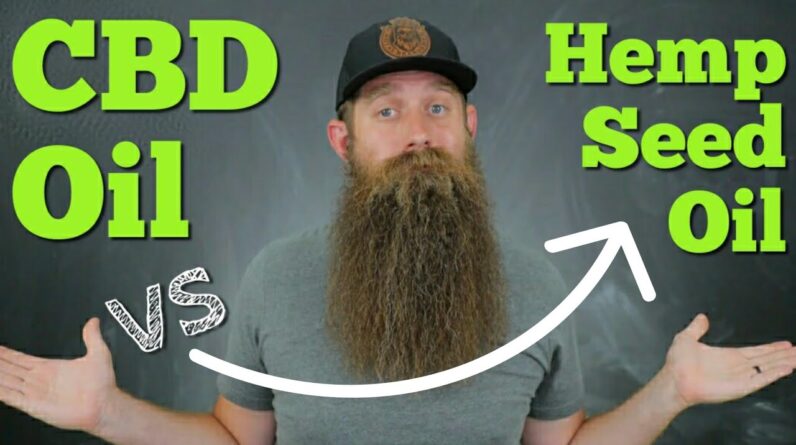
Introduction to Commercial Hemp and Hemp Related Products
In 2018, it became legal again to commercially produce hemp within the United States, marking a significant milestone in the hemp industry. This change is greatly appreciated, notably when considering the previous prohibitive legal context that the sector has navigated around.
One could argue that the Tax Act of 1937 and the Controlled Substance Act of 1980 were complete and utter jokes, but instead let’s focus on the strides the industry has made. In the last couple of years, the beard-care industry, in particular, has seen a surge in popularity of two primary hemp-derived ingredients – cbd oil and hemp seed oil.
Despite this however, there remains a significant amount of confusion and misinformation about these products. This article aims to demystify these two ingredients and break down the differences between them, regarding their source, production methods and benefits.
A Note on Hemp & Marijuana
Before delving deeper, it’s important to clarify some vocabulary. The words ‘Hemp’ and ‘Marijuana’ are often used interchangeably, but they refer to different varieties of the same plant species. ‘Hemp’ indicates a plant with less than 0.3 percent THC, while ‘Marijuana’ refers to varieties with THC levels of 0.3 percent or more.
Extracting CBD Oil and Hemp Seed Oil from the Hemp Plant
As per the Farm Bill of 2018, it again became legal to produce hemp in the USA, however, it remains federally illegal to produce CBD oil or Hemp Seed Oil from Marijuana plants. Therefore, the focus here is solely on the Hemp plants for producing these hemp-derived ingredients.
Production of Hemp Seed Oil
The process of deriving hemp seed oil is relatively straightforward. As suggested by its name, hemp seed oil is derived from the seeds of the hemp plant. The seeds are simply pressed until oil is extracted from them. This oil usually contains very little to no THC, making it legally compliant.
Production of CBD Oil
On the other hand, deriving CBD oil is a bit more complex. This ingredient is primarily extracted from the leaves and flowers of the hemp plant using the carbon dioxide extraction method. It’s worth noting that CBD, regardless of whether it’s derived from the marijuana plant or the hemp plant, is chemically identical.
Are there THC Levels in CBD Oil and Hemp Seed Oil?
OK, let’s tackle the question you may be wondering, “Does CBD oil and Hemp Seed Oil contain THC?” THC, or tetrahydrocannabinol, is the compound in Marijuana that causes the psychoactive effect or the feeling of getting high. You’ll be happy to know that hemp seed oil contains zero THC. It’s as straightforward as that.
But for the case of CBD oil, it’s a bit more nuanced. Full-spectrum CBD, which provides all the benefits of the hemp plant, is legally allowed to contain up to 0.3 percent THC. This, however, does not mean that it will get you high or cause you to fail a drug test. You would need to consume about 600 bottles of CBD beard oil in one night for either of these to occur.
The Benefits of CBD Oil and Hemp Seed Oil for Your Beard
CBD oil is much more expensive than hemp seed oil, but its benefits surpass those of the latter, making it well worth the price. Both ingredients manifest similar benefits, but CBD oil simply performs better. One common ground between the two is their impressive anti-inflammatory benefits. An inflamed skin surface hampers blood flow, consequently affecting hair growth and health.
Conclusion: The Battle of the Oils
Hemp seed oil and CBD oil, both derived from the hemp plant, have presented a substantial boom in the beard-care industry. Both products serve similar benefits with cbd oil doing it better. Therefore, it all boils down to a game of preference. With the proper knowledge, it becomes easier to make the right choice for your beard-care needs based on the pros and costs of each.
The trusted teacher on all things beard-related hopes that you stay bearded and stay positive as you navigate the world of beard care.
